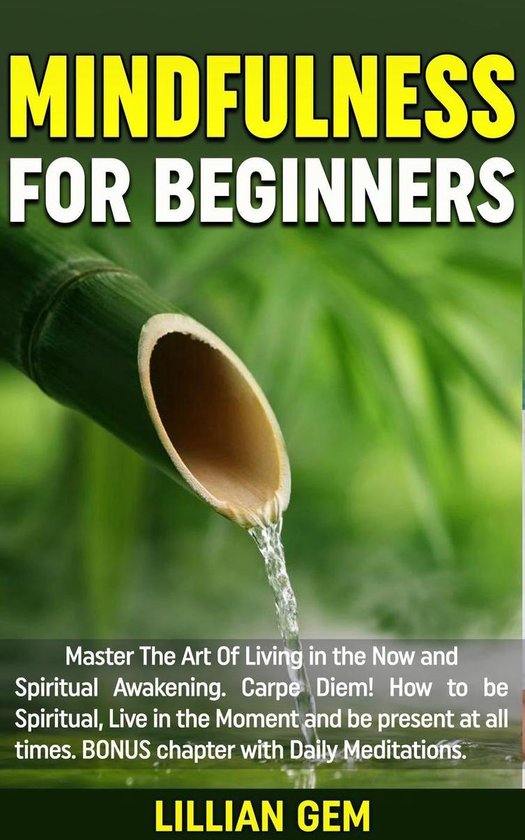Do you know what mindfulness is? In Eastern societies, the practice of meditation has been very common since ancient times, this discipline, oriented to spiritual balance, began to enter the West in the 1970s.
Mindfulness, also called attention or mindfulness, is one of the practical applications of meditation, used in psychology to treat stress, anxiety and depression.
Don’t stay in the past
doesn’t dream of the future,
focus your mind on the present moment ?.
? Buddha?
To understand this practice it is necessary to contextualize it in its Buddhist roots, in general this philosophy sees life as a set of pleasant and unpleasant sensations and teaches us that attachment is what makes us suffer.
Therefore, the solution to suffering would be to live life as it is, accepting both good and bad moments, that acceptance frees us from tensions and brings calm and tranquility.
In Eastern cultures various forms of meditation are practiced to achieve a state of relaxation, mindfulness is a form of meditation, which has been adapted in the West to improve relaxation states and help solve problems of anxiety, stress and even depression.
In practice, it means staying calm, paying attention to the breath, focusing on it, and accepting the sensations and thoughts that arise while we are focused.
Don’t try to expel your thoughts
Give them space, watch and let go?
? Jon Kabat-Zinn?
While rigorous mindfulness practice involves performing this breathing exercise for about 40 minutes, there is an easier way to practice mindfulness in everyday life, which also has psychological benefits, we’ll explain how, through an example.
Imagine you’re having breakfast. Normally we think of a thousand things: what awaits us at work, on the shopping list, in the discussion we had yesterday with our partner ?, sometimes we do two things at once: we drink coffee, read the newspaper or talk on the phone.
To practice mindfulness we have to be very attentive to what we are doing right now, in this case breakfast, for this follow our instructions.
? Decide that in this space of time you will only live the experience of drinking coffee without distractions.
? Once alone, in front of your coffee with toast (or whatever you prefer), be aware of your thoughts, have something to do with your breakfast, accept these thoughts, let them go and refocus on your coffee.
? Focus on the experience of the senses: pay attention to the flavors, the texture of the food, the temperature of the room, even if you feel pain, but without judging, it is not a matter of thinking whether it is hot or not, but of perceiving reality with our senses. Be conscious without judgment; Breathe slowly and without haste.
Can this apply to any daily activity, while bathing, cooking, driving, at work?
With practice, will you be able to direct all your attention to the present in uncomfortable situations without judging, for example, in a traffic jam, in the doctor’s office?
There are scientific studies showing that mindfulness reduces levels of stress, anxiety and depression.
The cause of these problems is related to our mind that can be fixed in the past (regrets, sadness and assumptions), or in the future (concerns about a hypothetical future without paying attention to the present).
With mindfulness, we learn to focus our minds on the present moment and therefore feel less regret, frustration, or expectation, which are the three foundations of anxiety or depression.
“The future tortures us and the past imprisons us
Is this where we miss the present?
? Gustave Flaubert?
When we are trained to be in the here and now, we accept not only the positive side (the pleasure of the taste of toast), but the negative side (the unbearable heat of summer). Then we discover a serenity and peace that have always been in us, which helps us to face the obstacles and disadvantages of daily life.

